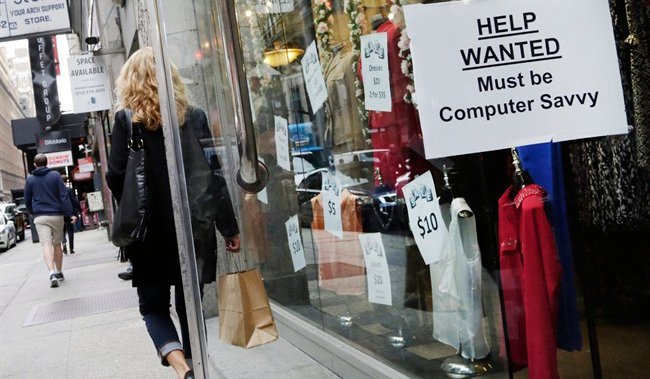darwink
Senior Member
The positive assessment is this: Alberta's total collapse is at the same time as Canada's, so programs that exist for all exist here. Imagine if nothing was happening elsewhere and Alberta's unemployment spiked to 15, 20%, and the province's budget had a $15 billion hole. How much slower the responses might be. How much more debate for federal support would be consumed with regional concerns. Today, Alberta is getting the national programs PLUS a to be announced sector specific program.
The depth of the hole also provides for a period of self reflection in the government: that the goal isn't to bring back the oil sands 8 million dream, but to get through the next 30 years without the oil sands turning into a sink hole. That reflection can lead to pivots, that a billion dollars a year to support the oil industry really means nothing due to the scale of the industry, but a billion a year to support tech, biotech, fintech, agri-tech and agri-food, from innovation to scale up would be huge, an incredible amount of support. That once tourism comes back, we can create new experiences that moves us up the value chain of destinations for conventions and winter travel.
The fiscal hole also gives a chance to look in the mirror, and be honest that to even sustain the budget that Kenney and crew wanted to implement over the next 3 years with massive cuts, that new revenue is needed.
The depth of the hole also provides for a period of self reflection in the government: that the goal isn't to bring back the oil sands 8 million dream, but to get through the next 30 years without the oil sands turning into a sink hole. That reflection can lead to pivots, that a billion dollars a year to support the oil industry really means nothing due to the scale of the industry, but a billion a year to support tech, biotech, fintech, agri-tech and agri-food, from innovation to scale up would be huge, an incredible amount of support. That once tourism comes back, we can create new experiences that moves us up the value chain of destinations for conventions and winter travel.
The fiscal hole also gives a chance to look in the mirror, and be honest that to even sustain the budget that Kenney and crew wanted to implement over the next 3 years with massive cuts, that new revenue is needed.





